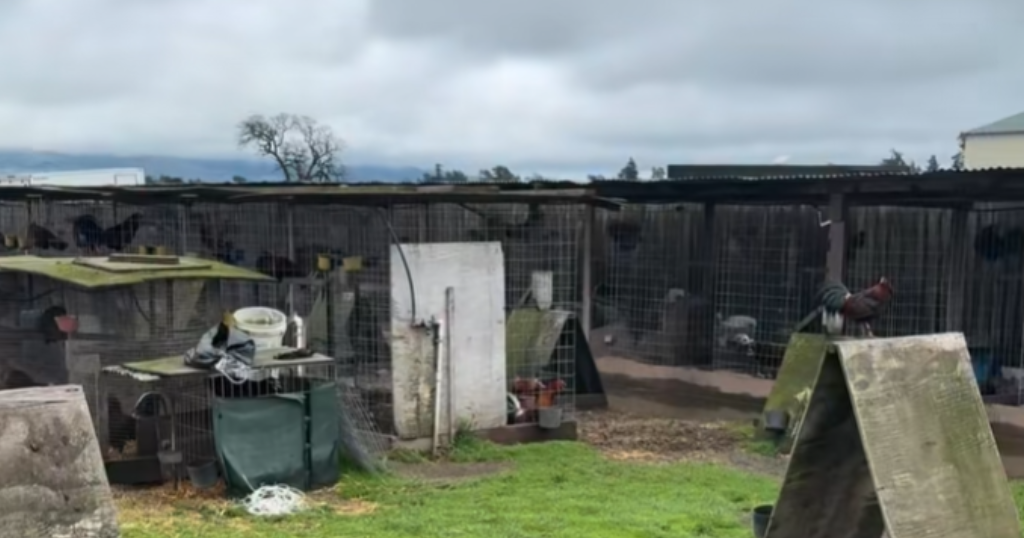Bird flu detected in Cass County flock
LANSING, Mich. (CBS DETROIT) - After an investigation by the Michigan Department of Agriculture and Rural Development, or MDARD, the Michigan State University Veterinary Diagnostic Laboratory detected bird flu in a backyard flock from Cass County.
This is the first case of bird flu in Cass County since the disease was first detected in 2022 and the first detection of the disease in Michigan since March.
As the fall migration of wild birds continues, it is crucial for every bird owner to take steps to protect their flock from this virus, according to the department.
"While there have been fewer detections of HPAI in the United States and Michigan this year, the threat posed by this virus was never fully eliminated. Even though this detection is unfortunate, it is not unexpected, as cases of HPAI continue to be discovered both nationally and in Michigan's wildlife, meaning the virus is still very present and circulating in the environment," Nora Wineland, the State Veterinarian Doctor, said. "The best strategy any bird owner has against this disease is prevention. It is essential to continue taking precautionary measures to protect flocks from wild birds and the germs they could be carrying."
Bird flu is a highly contagious virus that can be spread in various ways from flock to flock, including by wild birds, through contact with infected poultry, by equipment, and on the clothing and shoes of caretakers.
To protect other flocks, the premises are currently under quarantine, and the birds will be depopulated to prevent disease spread, according to MDARD.
The flock contained approximately 60 birds of various species.
According to the U.S. Centers for Disease Control and Prevention, the public health risk associated with avian influenza remains low.
No birds or bird products infected with bird flu will enter the commercial food chain, according to the press release.
People should properly handle and cook all poultry and eggs, the department said.
The Michigan Department of Agriculture and Rural Development provides tips on protecting the health and vitality of Michigan's domestic birds:
- Prevent contact between domestic and wild birds by bringing them indoors or ensuring their outdoor area is fully enclosed.
- Wash your hands before and after handling birds, as well as when moving between different coops.
- Disinfect boots and other gear when moving between coops.
- Do not share equipment or other supplies between coops or other farms.
- Clean and disinfect equipment and other supplies between uses. If it cannot be disinfected, throw it away.
- Use well or municipal water as drinking water for birds.
- Keep poultry feed secure to ensure there is no contact between the feed/feed ingredients and wild birds or rodents.
Domestic bird owners and caretakers should look out for a drop in egg production, a decrease in water consumption, diarrhea, sneezing/coughing, or an increase in sick birds.
If avian influenza is suspected in domestic birds, owners should contact MDARD as soon as possible at 800-292-3939 (daytime) or 517-373-0440 (after-hours).
If anyone notices what appears to be unusual or unexplained deaths among wild bird populations, report these cases to the Michigan Department of Natural Resources (DNR) by:
- Using the DNR's Eyes in the Field app. Choose the "Diseased Wildlife" option among the selections for "Observation Forms."
- Calling the DNR Wildlife Disease Laboratory at 517-336-5030.
More information on avian influenza and how to protect flocks through preventative measures can be found on the U.S. Department of Agriculture's website.







